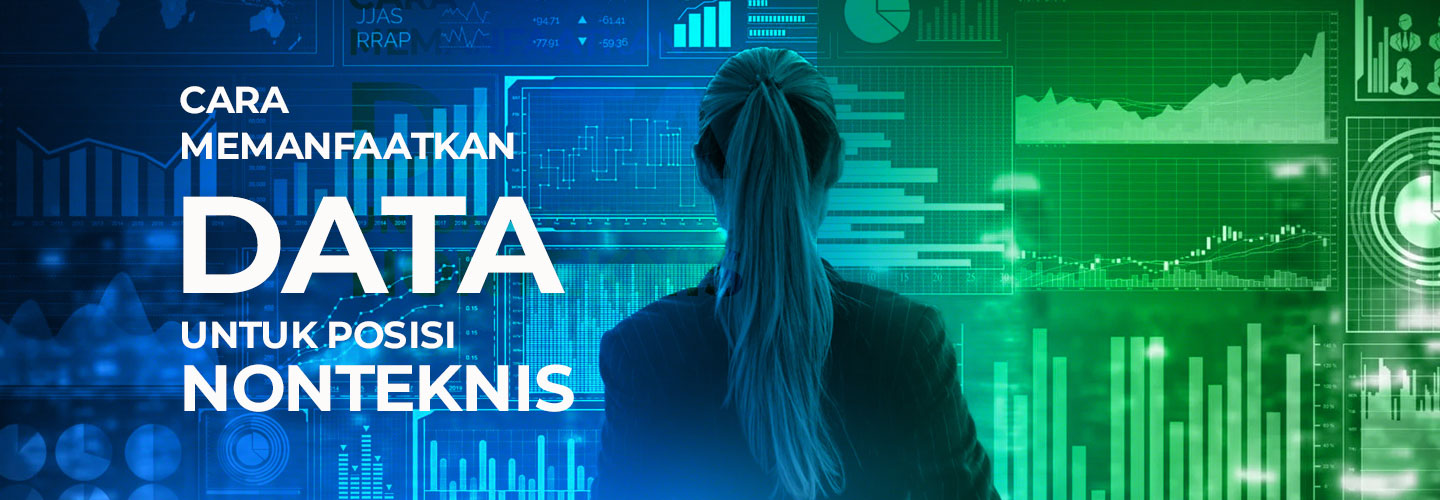How to Use Data for Non-Technical Positions

Currently data is not only limited to the IT team, but everyone in the company. Because of its importance, currently there are many jobs that involve the use of data even though they are not technical jobs.
In fact, industries such as retail that may never have been associated with big data are also starting to use data to increase customer loyalty. That is why data skills are now very much needed in the professional world.
What is skills data?
Data skills are the ability to understand the main concepts of data, understand how to answer questions using data and become data-driven decision makers.
Data skills are one of the most important abilities possessed by employees. With increasing automation, data skills are also becoming increasingly crucial to support work. For example, in the sales department it is important for employees to see the transaction system. From this system, information will be obtained regarding interactions with customers, what processes are automated, and what data is collected.
Apart from the sales team, there are at least six non-technical professions that must have data skills to support their careers. Check out the complete information below!
1. Account Manager
Account Manager is a profession that works as a liaison between the company and its clients. This position is responsible for ensuring that the company can meet the needs of its clients. To be able to meet the needs of these clients, an Account Manager ideally must have data skills.
With data skills, Account Managers can collect and analyze data to identify potential customer needs, interests and concerns. Ultimately, this data will be used in the development of a strategic marketing plan.
2. Creative
The creative industry is very dynamic and is predicted to continue to develop and change following technological developments. That is why those who work in the industry need skill data.
With this ability, a creative can collect and identify a trend. In the end, the data can be an idea to produce a creative work.
3. Marketers
Collecting and analyzing data is a skill that must be possessed by a Marketer. This is because data analysis is a basic part for a Marketer in carrying out his duties. With these capabilities, a Marketer can generate higher sales and increase brand awareness.
4. Human Resources (HR)
Many people think that the main task of HR is only to focus on administration in managing employees. Even though there are other tasks from HR that are no less important, namely data analysis. With these capabilities, HR and management can jointly make strategic decisions for the sustainability of the company. The analysis certainly requires a valid and appropriate data and information basis.
5. Strategic
Not only HR, a strategic expert must also have the ability to collect and analyze data. Through this capability, strategic experts can determine priorities and ultimately determine a strategic approach. Strategies that are not made based on data usually tend to be inefficient and not targeted effectively. For this reason, a strategic expert must have the ability to collect and analyze data well.
6. Leaders
A good leader is someone who has problem solving skills and makes good decisions. In making decisions, Leaders must have skills in analyzing data. Through valid data, a Leader can draw conclusions and in the end make wise decisions.
Those are the benefits and ways that workers with non-technical professions can use data. With these capabilities, an employee can find out, identify, collect and present relevant data that is encountered on a daily basis at work. In the end, the data can be a reference or basis for decision making.